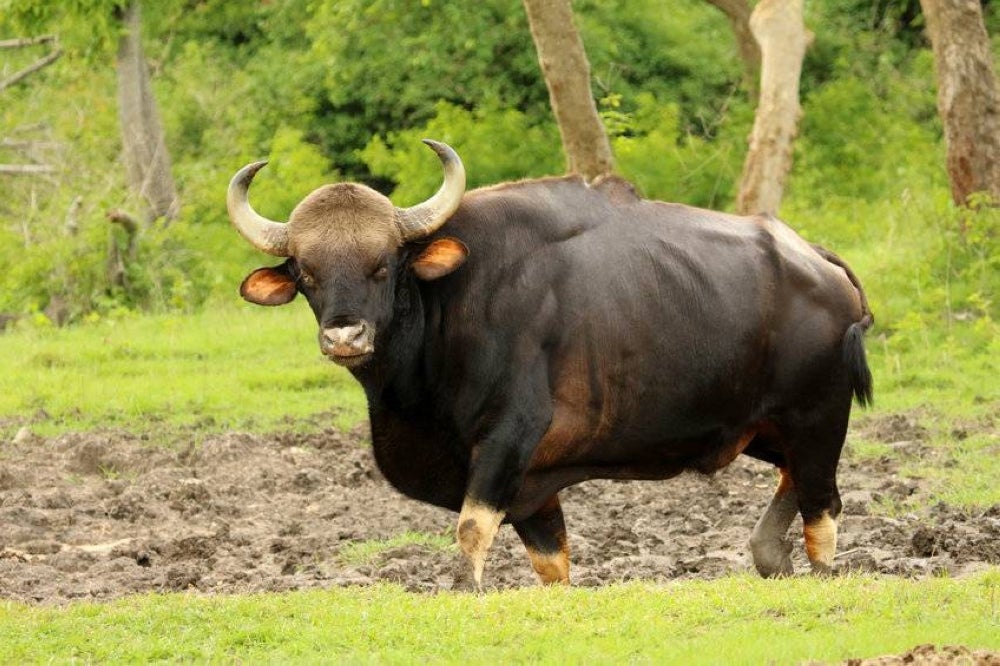Near extinction, Gaurs face same fate as Sumatran rhinos

Experts estimate only about 100 Bos Gaurus found in the country - 123RF Photo.
SHAH ALAM: Bos Gaurus - a wild cattle in Malaysia may face the same fate as Sumatran rhino if no efforts are put in place to conserve them.
It is an endangered species and one step away from Malayan tiger, categorised as highly endangered species.
Wildlife experts have warned that just a century ago, Bos Gaurus could be found in valleys nationwide.
Krau Wildlife Reserve in Pahang, set up in 1923 for example was created to conserve several unique species, and the area was ideal as it had a lot of Bos Gaurus.
Studies have shown in 1938, the species were commonly found in old palm plantations so much so that estate managers in Tekal, just 7 kilometers away from the Krau Wildlife Reserve had to put up electric fencing to prevent them from entering.
Sadly, there are no Bos Gaurus found today in the area.
However, there are still fecal samples being collected in Hulu Perak, and a small numbers being housed at Jenderak Selatan Wildlife Conservation Centre, located at the edge of Krau Wildlife Reserve.
Wildlife director Abdul Kadir Abu Hashim was quoted as saying that there are only about 100 of them left and are mostly found in the northern region of the country, they live separately and are unable to breed.
Kadir further said the reduction is also caused by loss of habitats and illegal hunting.
Hunters may be under the impression that Bos Gaurus may also go extinct if appropriate measures are not taken to conserve this species.
Due to this, Malaysia is at risk of losing the second largest wildlife species after Asian elephants.
Rehabilitation programmes
NGOs and government agencies are now in the midst of conserving these species at Belum Royal Park in Perak.
A two-year research and monitoring programmes since last November are being held to ensure the survival of Gaurs
Perak state park corporation director Shah Redza Hussein said they install cameras to collect data for research, including obtaining deoxyribonucleic acid (DNA) through feces to study their genetics.
The programme is sponsored by National Conservation Trust Fund for Natural Resources and managed by Energy and Natural Resources ministry.











